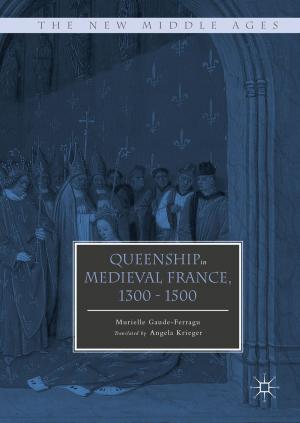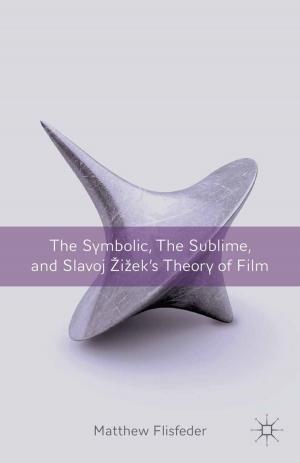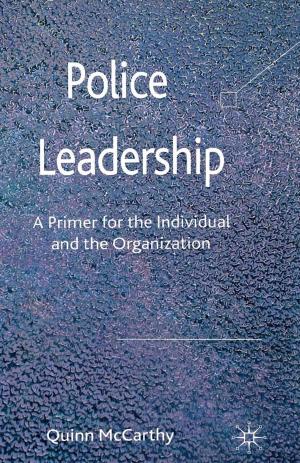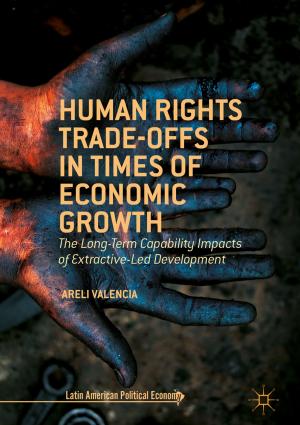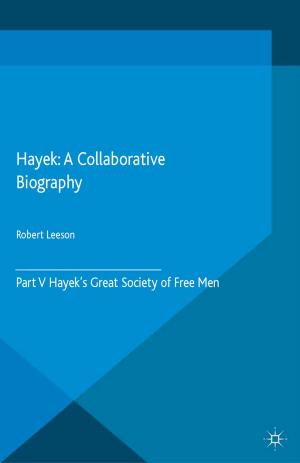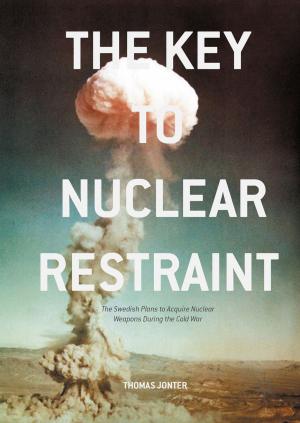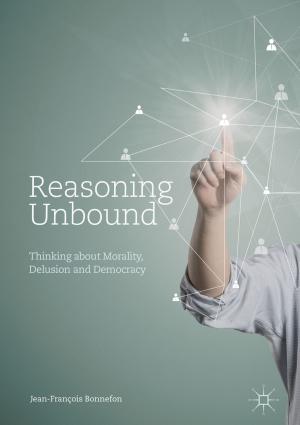Intercultural Transfers and the Making of the Modern World, 1800-2000
Sources and Contexts
Nonfiction, History, Modern, 19th Century, 20th Century| Author: | Professor Thomas Adam | ISBN: | 9781137268136 |
| Publisher: | Palgrave Macmillan | Publication: | November 29, 2011 |
| Imprint: | Palgrave Macmillan | Language: | English |
| Author: | Professor Thomas Adam |
| ISBN: | 9781137268136 |
| Publisher: | Palgrave Macmillan |
| Publication: | November 29, 2011 |
| Imprint: | Palgrave Macmillan |
| Language: | English |
For far too long, the history of the modern era has been written as a history of isolated nation states. This book which presents both interpretation and primary source documents challenges a nation-centred account, exploring the interconnected and interrelated nature of societies in the nineteenth and twentieth century.
Responding to the burgeoning interest and number of courses in global and world history, Intercultural Transfers and the Making of the Modern World introduces both the methods and materials of transnational history. Case studies highlight transnational connections through the examples of cooperatives, housing reform, education, eugenics and non-violent resistance. By embracing the interconnected nature of human history across continents and oceans and by employing the concept of intercultural transfer, Adam explores the roots and global distribution of major transformations and their integration into local, regional, and national contexts. This is an invaluable resource for the study of global, world and transnational history.
For far too long, the history of the modern era has been written as a history of isolated nation states. This book which presents both interpretation and primary source documents challenges a nation-centred account, exploring the interconnected and interrelated nature of societies in the nineteenth and twentieth century.
Responding to the burgeoning interest and number of courses in global and world history, Intercultural Transfers and the Making of the Modern World introduces both the methods and materials of transnational history. Case studies highlight transnational connections through the examples of cooperatives, housing reform, education, eugenics and non-violent resistance. By embracing the interconnected nature of human history across continents and oceans and by employing the concept of intercultural transfer, Adam explores the roots and global distribution of major transformations and their integration into local, regional, and national contexts. This is an invaluable resource for the study of global, world and transnational history.





